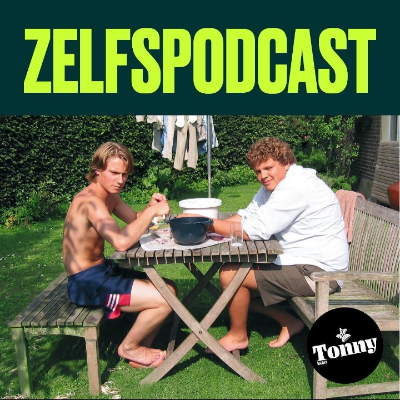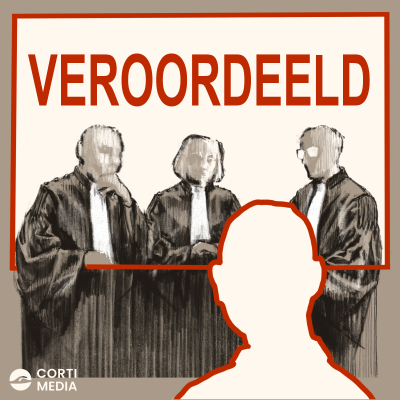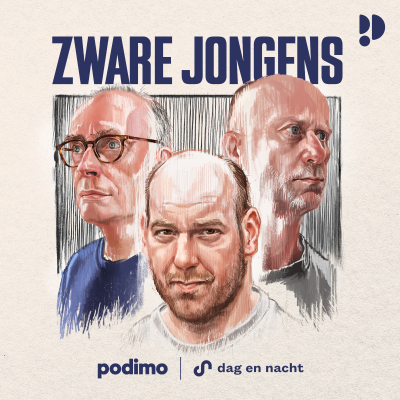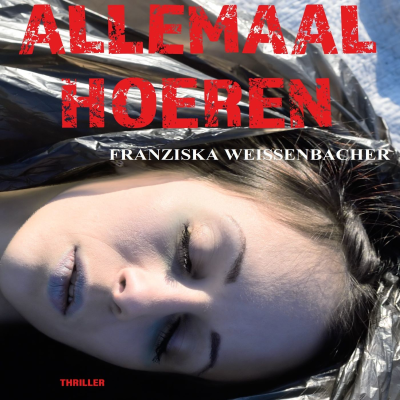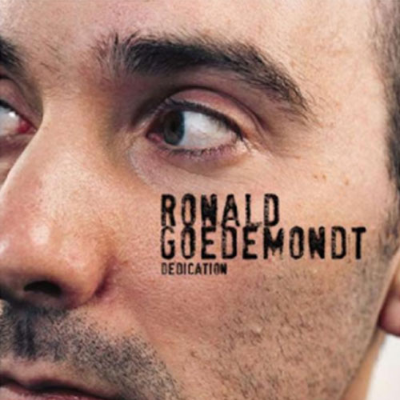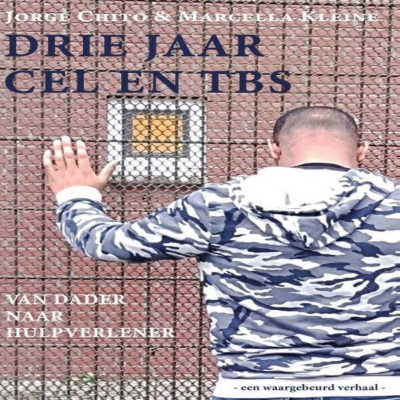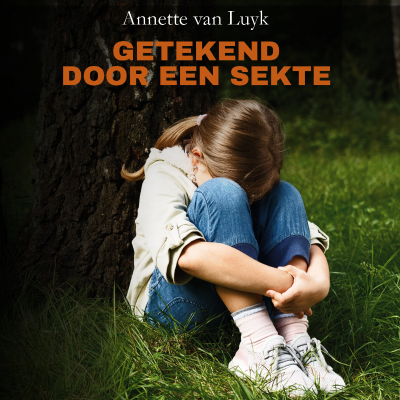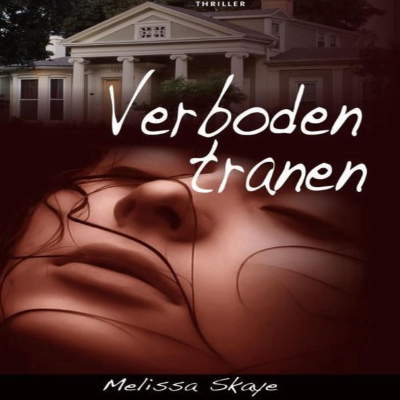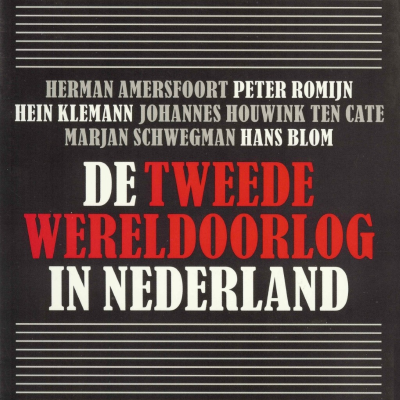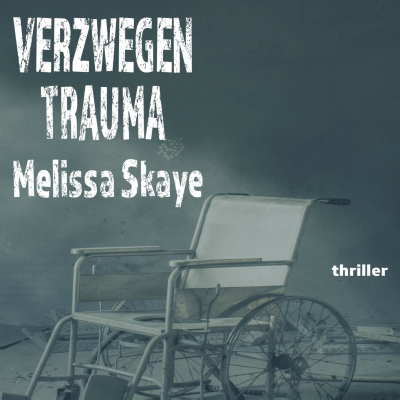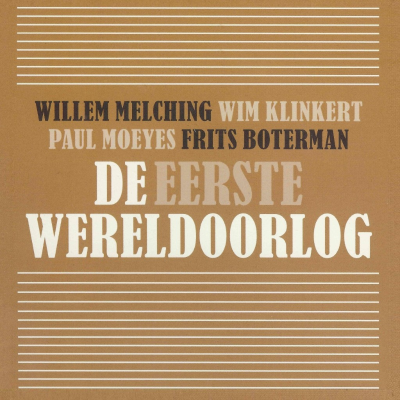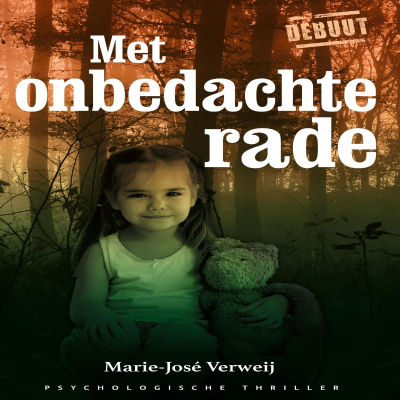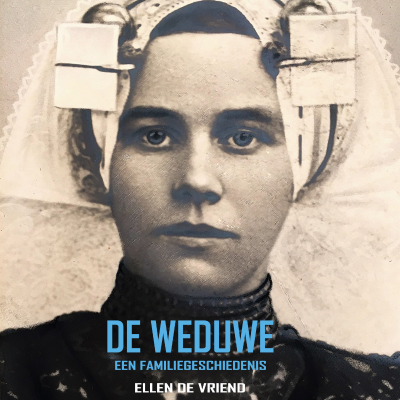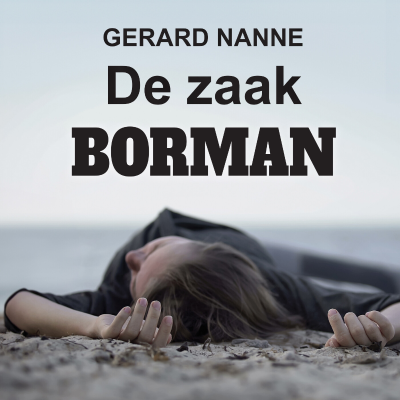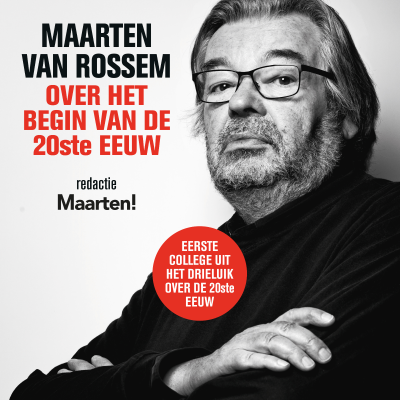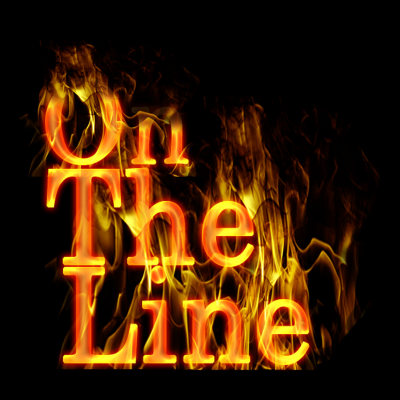
Tijdelijke aanbieding
3 maanden voor € 1,00
Daarna € 9,99 / maandElk moment opzegbaar.
Alle afleveringen
37 afleveringenFor this, the second installment of our two part leadership series, and the last episode of On The Line season four, Mark Smith from Mission Centered Solutions joins the podcast. Mark reviews the creation of the first Leadership (L) courses in wildland fire after the South Canyon Fire, his work with Honor the Fallen and their essay “The Big Lie” following the Yarnell Hill Fire, and his assessment of where leadership training is at in the fire services today and the challenges that lie ahead. The Big Lie can be found at the following link: https://wildlandfireleadership.blogspot.com/2016/06/the-big-lie.html [https://wildlandfireleadership.blogspot.com/2016/06/the-big-lie.html] For the first time ever, this episode of On The Line is also available as a vodcast. It can be found at YouTube at: https://youtu.be/Ky0UJH4VCmY?si=ORdBBq49jU9eZMjt [https://youtu.be/Ky0UJH4VCmY?si=ORdBBq49jU9eZMjt]
For the next two episodes (Leadership Alpha, Leadership Bravo) On The Line is focusing upon leadership in wildland fire. And for the first of those episodes, we are so fortunate to have Mike Degrosky kick off that conversation. Mike has spent more than forty years in the fire service, in roles as diverse as volunteer, hotshot, Ops Section Chief, FMO, Training Officer, and Chief Officer. His academic credentials are equally as impressive: bachelors degree in forestry and fire science, masters and doctoral degrees in Leadership Studies. He has consulted, primarily in the space of leadership development training, and he just recently retired as Chief of the Fire Protection Bureau at Montana DNRC. He continues to write the acclaimed "Thoughts on Leadership" column in Wildfire Magazine.
In this, the fourth episode of season four, Dr. Phil Higuera from the University of Montana's Paleoecology and Fire Ecology Lab joins the podcast to discuss his and others' recent research efforts focusing upon declines in conifer resilience, the increasing loss of structures in western wildfires, and how climate change in general is affecting the fire landscape. https://doi.org/10.1073/pnas.2208120120 [https://doi.org/10.1073/pnas.2208120120] https://academic.oup.com/pnasnexus/article/2/3/pgad005/7017542 [https://academic.oup.com/pnasnexus/article/2/3/pgad005/7017542] https://theconversation.com/western-wildfires-destroyed-246-more-homes-and-buildings-over-the-past-decade-fire-scientists-explain-whats-changing-197384 [https://theconversation.com/western-wildfires-destroyed-246-more-homes-and-buildings-over-the-past-decade-fire-scientists-explain-whats-changing-197384] As mentioned at the end of the podcast, UM graduate student Luke Santore is studying firefighter wellbeing. If interested in taking part in his research, please scan the QR code below for the firefighter wellbeing survey. Or go to, tinyurl.com/wlffwellbeing
While females make up 10-12% of the wildland fire workforce, very little is known about them from a research perspective. Katie Christison, a Ph. D. student at the University of Montana, joins host Charlie Palmer to discuss her research focusing upon how female wildland firefighters (wlff) may be challenged to maintain thermoregulation and hydration balance due to hormonal fluctuations across the menstrual cycle. Katie also discusses some of the other gaps in our understanding of the female wlff experience, and upcoming research that might fill in these holes. As mentioned at the end of this podcast, UM graduate student Luke Santore is examining wlff wellbeing. To access Luke's survey, scan the QR code below, or go to tinyurl.com/wlffwellbeing
Critical Training (CT) represents a two week (80 hour) period of time at the beginning of the season for each crew. Much important work happens during these fourteen days, including key training, physical challenges, completion of the pack test, and the initial efforts at building crew cohesion. While it remains a vital piece of each crew's development, little is known about the CT process from a research standpoint. Researchers Dr. Chuck Dumke and soon to be Dr. Katie Christison from the University of Montana join host Charlie Palmer to discuss their multiple studies examining Critical Training, and the important results from these investigations. In the most recent study, nearly one in four subjects reached critical levels of Serum Creatine Kinase during CT. https://pubmed.ncbi.nlm.nih.gov/37258394/ [https://pubmed.ncbi.nlm.nih.gov/37258394/] https://pubmed.ncbi.nlm.nih.gov/37258395/ [https://pubmed.ncbi.nlm.nih.gov/37258395/] https://pubmed.ncbi.nlm.nih.gov/34184652/ [https://pubmed.ncbi.nlm.nih.gov/34184652/] https://pubmed.ncbi.nlm.nih.gov/33769401/ [https://pubmed.ncbi.nlm.nih.gov/33769401/]
Tijdelijke aanbieding
3 maanden voor € 1,00
Daarna € 9,99 / maandElk moment opzegbaar.
Exclusieve podcasts
Advertentievrij
Gratis podcasts
Luisterboeken
20 uur / maand



